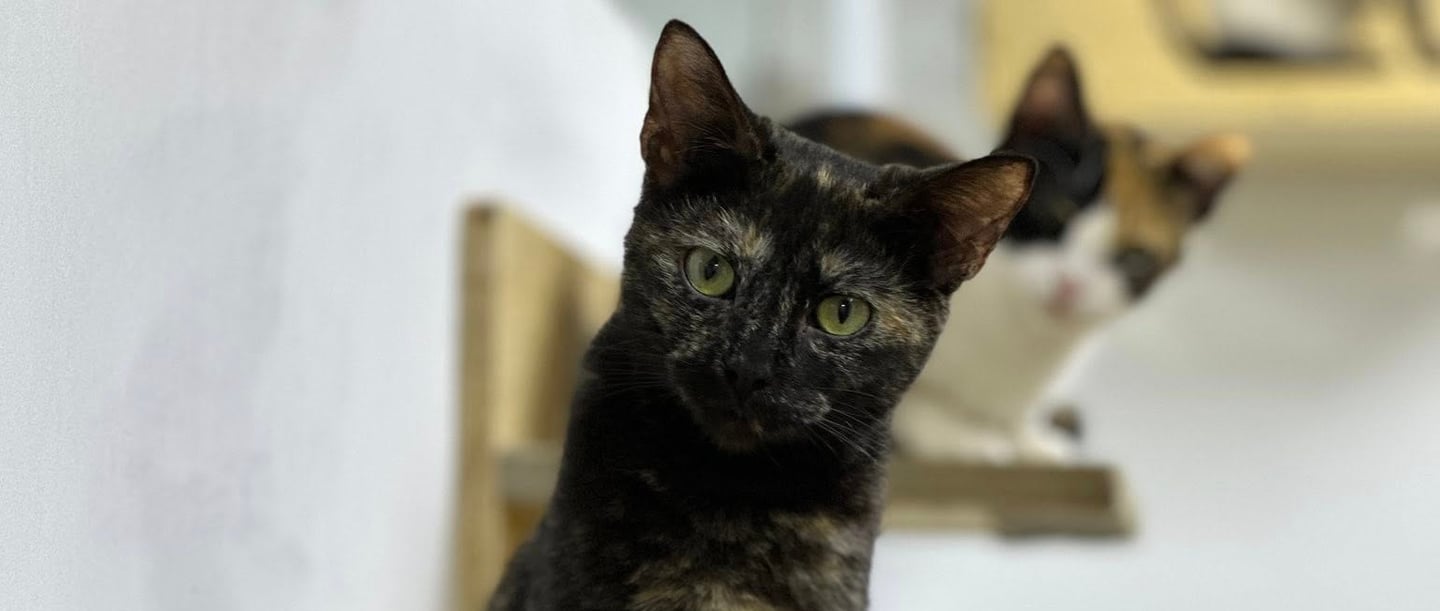Feeding Street Cats: Betsy’s Inspiring Journey


Dear FSC family & all with a living heart,
thank you for your patience. Yesterday was a long day: we arrived late at the vet with Betsy and waited through the night until after midnight for news. The vet confirmed she is still very sick – her immune system is too weak to handle surgery right now. Instead, he has prescribed a five-day course of medicine to help build her strength so she can safely undergo the operation. Betsy is now resting comfortably back at our shelter, where our team is caring for her around the clock as she takes her medication.
We know many of you were waiting for an update, and we apologize for the delay – our priority was to stay with Betsy and make sure she was settled and cared for. Thanks to your early support, we covered her initial vet expenses. Now, with this new treatment plan, our effort becomes even more urgent. Mammary tumors in cats are very aggressive. Stray felines “often lack regular veterinary care,” so illnesses can spread quickly in the colony. In veterinary studies, mammary tumors “are challenging to manage” and are frequently malignant – a large proportion are life-threatening even after removal
Why Early Action Is Critical
Every fact about feline mammary cancer underscores urgency. Early intervention can mean the difference between life and death for cats like Betsy. Key points to remember:
Lack of care worsens outcomes: Stray cats without regular vet care often suffer serious illness, and diseases “can spread rapidly” through unneutered colonies. Betsy's tumor is exactly the kind of emergency that can go undetected without help.
Tumors are aggressive: Mammary tumors usually appear as painful lumps and “their aggressive nature makes them challenging to manage. Even after surgery, many untreated cats still face poor outcomes.
Early treatment improves survival: Experts note that “early diagnosis and treatment can lead to improved survival times. In other words, catching and removing the tumor promptly gives Betsy the best chance.
Surgery extends life: Removing the tumor is the primary treatment for cats. In one study, cats who had mastectomies lived far longer than those left untreated. For example, cats without surgery survived a median of ~8–9 months, whereas those with surgery lived roughly 20–30 months on average.
These facts make it clear: every day counts. Betsy deserves that second chance, and we must do everything we can to give it to her.
Join Betsy’s Fight: How You Can Help
Betsy’s story is a reminder that we need a caring community now more than ever. Here’s how you can make a difference for her and other street cats in need:
Donate: Please visit our FSC Donation Page to support Betsy's care. Every euro you give will go directly toward her medicine, surgery, and recovery costs. Your gift can literally save her life.
Spread the Word: Share Betsy's story on Facebook, Instagram, YouTube and with friends. The more people who know, the faster we can raise the funds and awareness she needs. Use our hashtag and tag us so we can thank you!
Stay Informed: Join our newsletter to receive updates on Betsy's progress and other rescue stories. By following us, you’ll see how every donation and action helps real cats.
Together, the FSC community and everyone with a heart can give Betsy hope. Thank you for your compassion and support – we promise to keep you posted on Betsy’s journey every step of the way.
